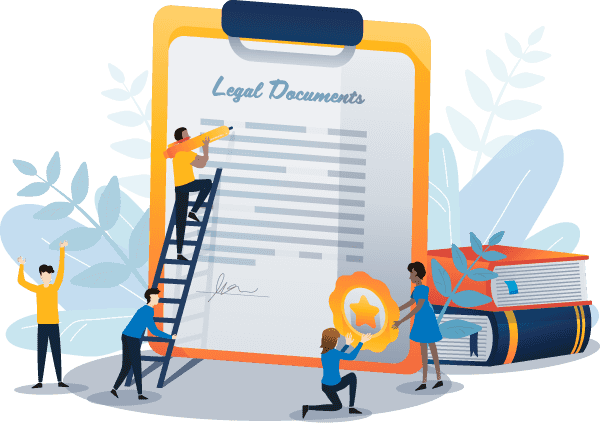Company directors are individuals who are responsible for managing and overseeing the company’s business activities.The legal definition of a ‘director’ goes beyond directors validly appointed and includes de facto directors. This article discusses what a de facto director is as well as how to identify whether you could be overstepping your role and becoming liable to certain director’s risks.
What is a De Facto Director?
A de facto director is someone who has been instructed to act as a director but is not technically a director or is yet to have been formally appointed as a director.
For instance, this is common where someone whose skills, position, and qualification may put them at risk of being a de facto director. As a result, they are often subject to many of the same legal responsibilities that registered directors are. They can also be liable for breaching their duties. And additionally, for failing to comply with certain legislation.
Factors indicating whether you are a De Facto Director:
- the company’s size and the allocation of the responsibilities;
- the internal practices or structure of the company;
- whether the company or third parties consider you to be a director;
- whether the duties are those typically performed by a director in the relevant company;
- the duties actually performed by the individual;
- whether the Individual held themselves out as a director.

Complete and download your consent to act as a director for free.
Create this and 200+ other documents on our platform .
What can you do?
The potential risks of becoming a de facto director often outweigh the rewards. It’s important you recognise situations where you may be at risk. If you do assume such roles, it’s important to ensure you also comply with all relevant duties and obligations.
All company directors have director duties, governed by the Corporations Act and common law. Thereby, even de facto directors have a duty to ensure your company complies with its statutory obligations. While it is a question of fact, if a court believes you have breached your director’s duties, you may be held personally liable. Depending on the situation, this could escalate to becoming subject to criminal and other penalties.
Becoming formally appointed is one way you can remove any doubt as to your position. Alternatively, you can also reduce any risk by only acting on the instructions of the board, or ceasing to act in the ways outlined above.
Final Thoughts
If you feel well prepared to take on the responsibility (and the risk), then go ahead. Remember that if you are undertaking tasks that a director would typically undertake, the court will likely consider you a de facto director. If you have further questions, don’t hesitate to speak with one of our expert lawyers today.







